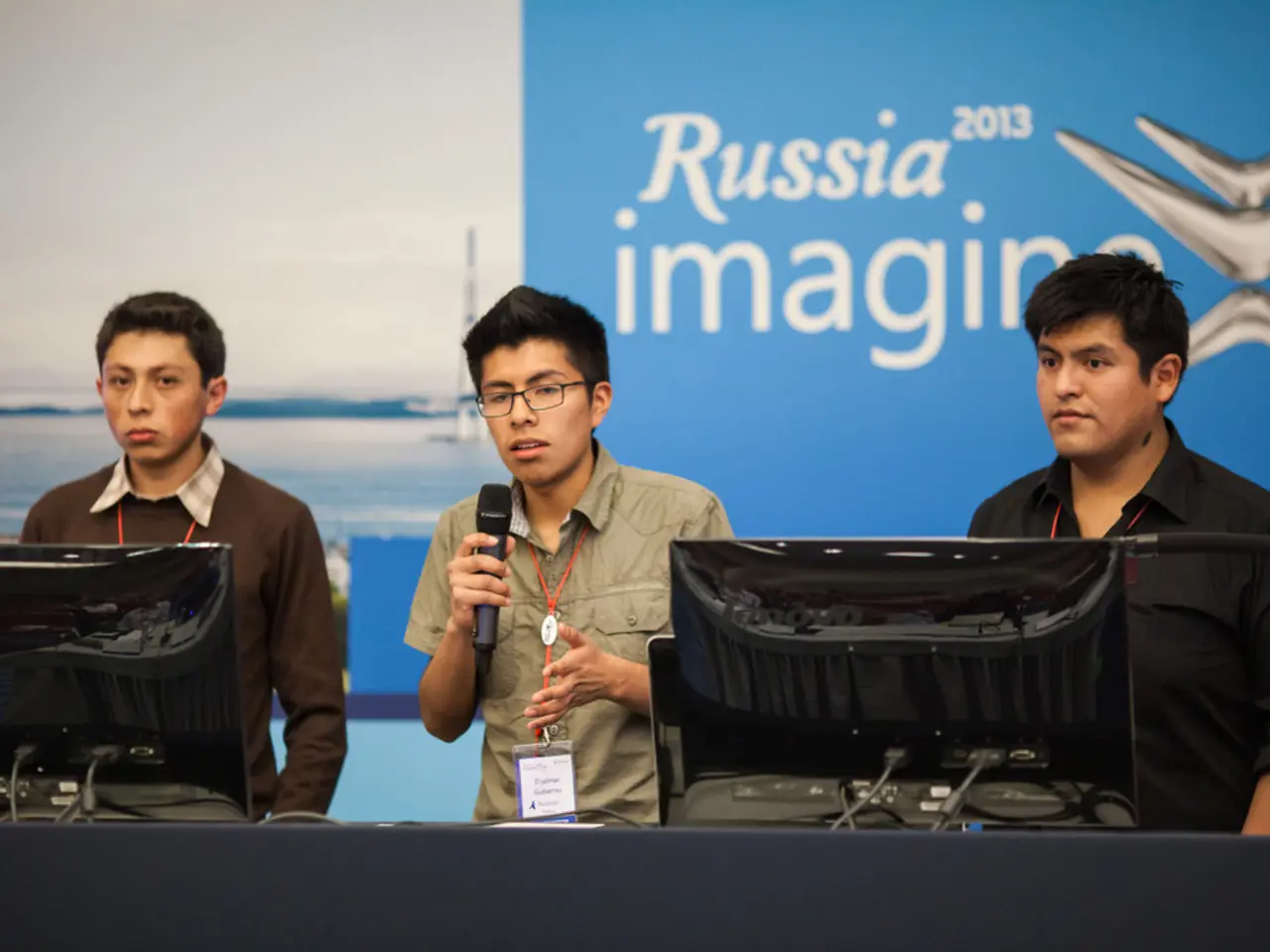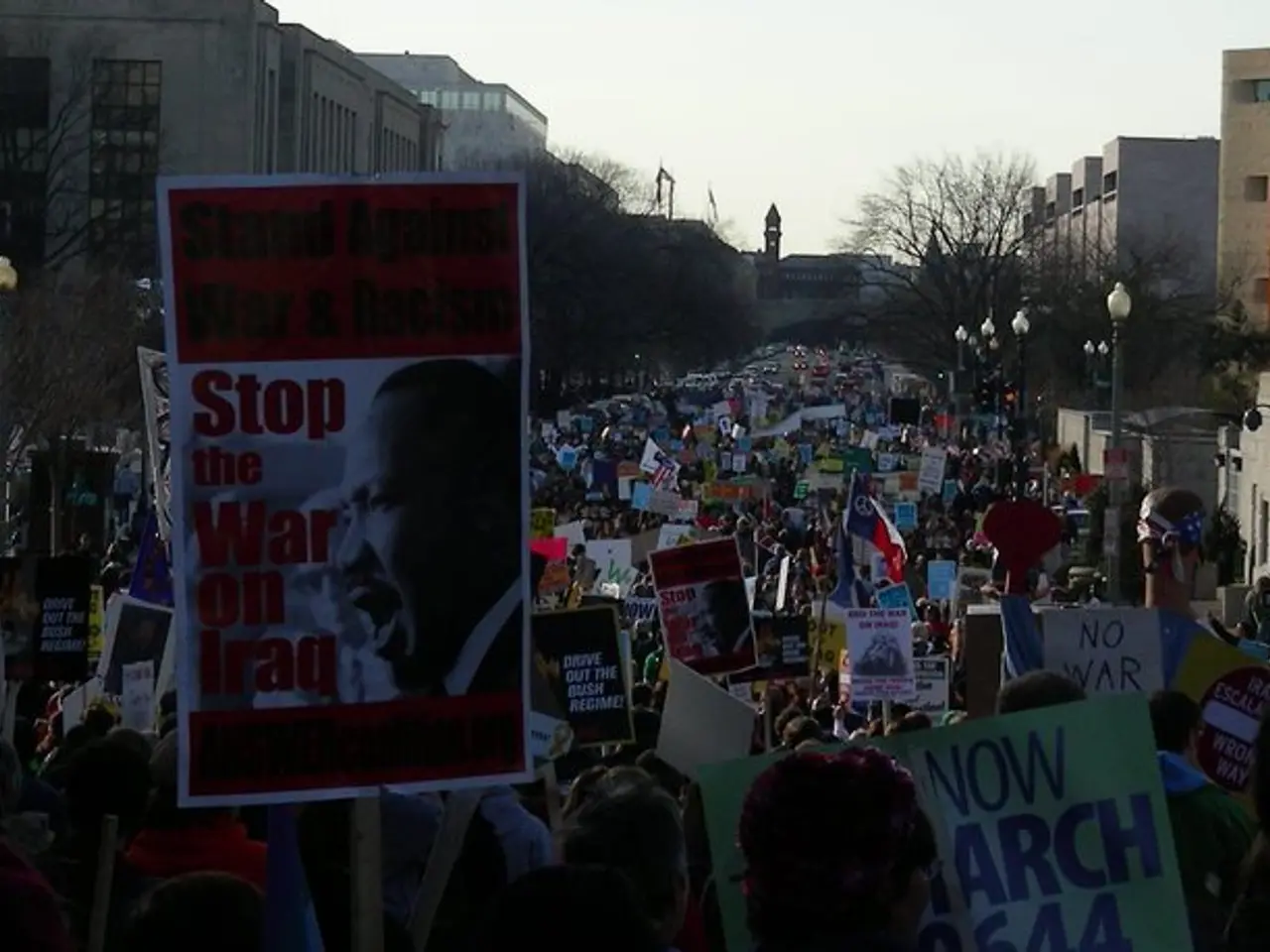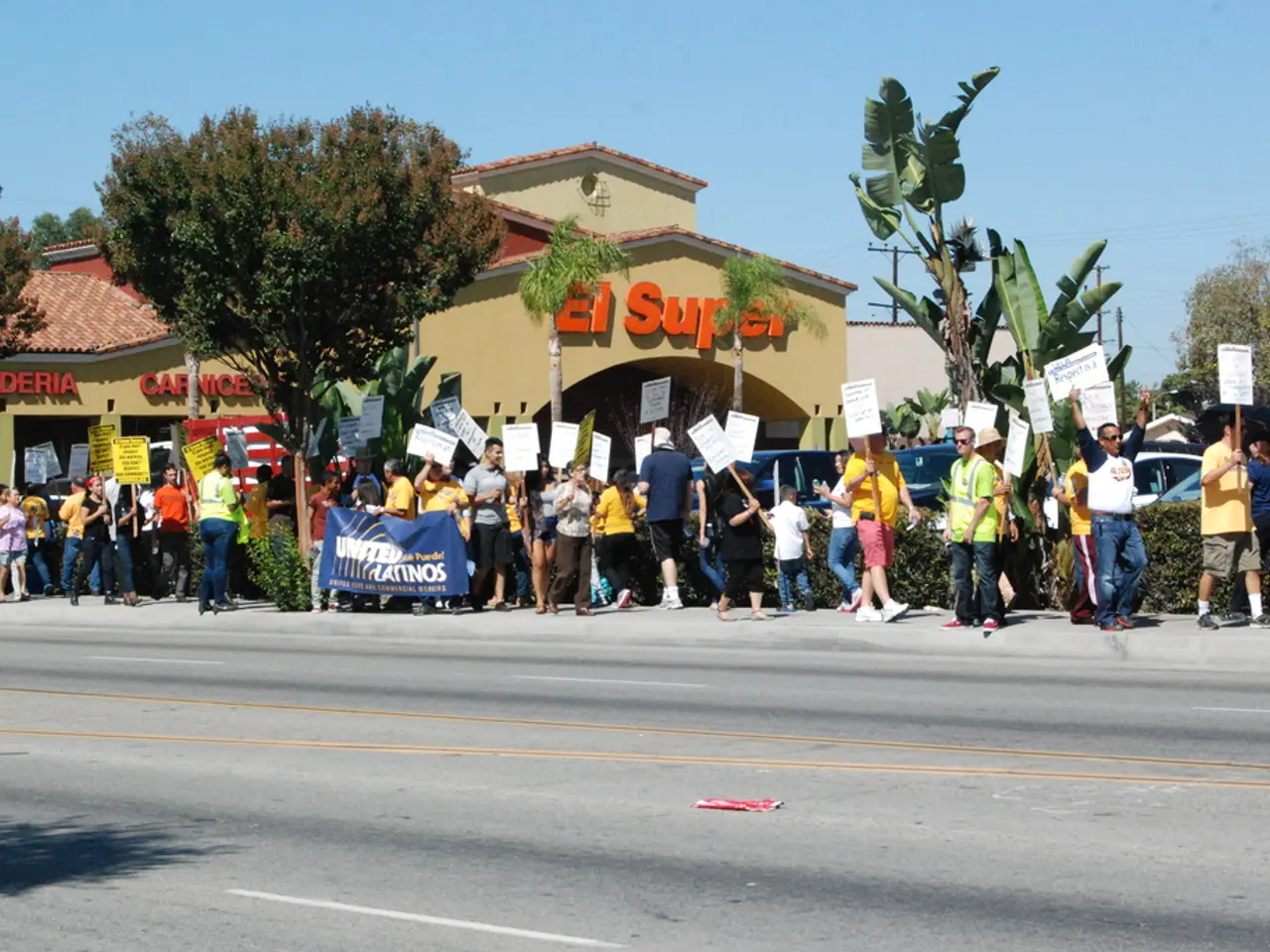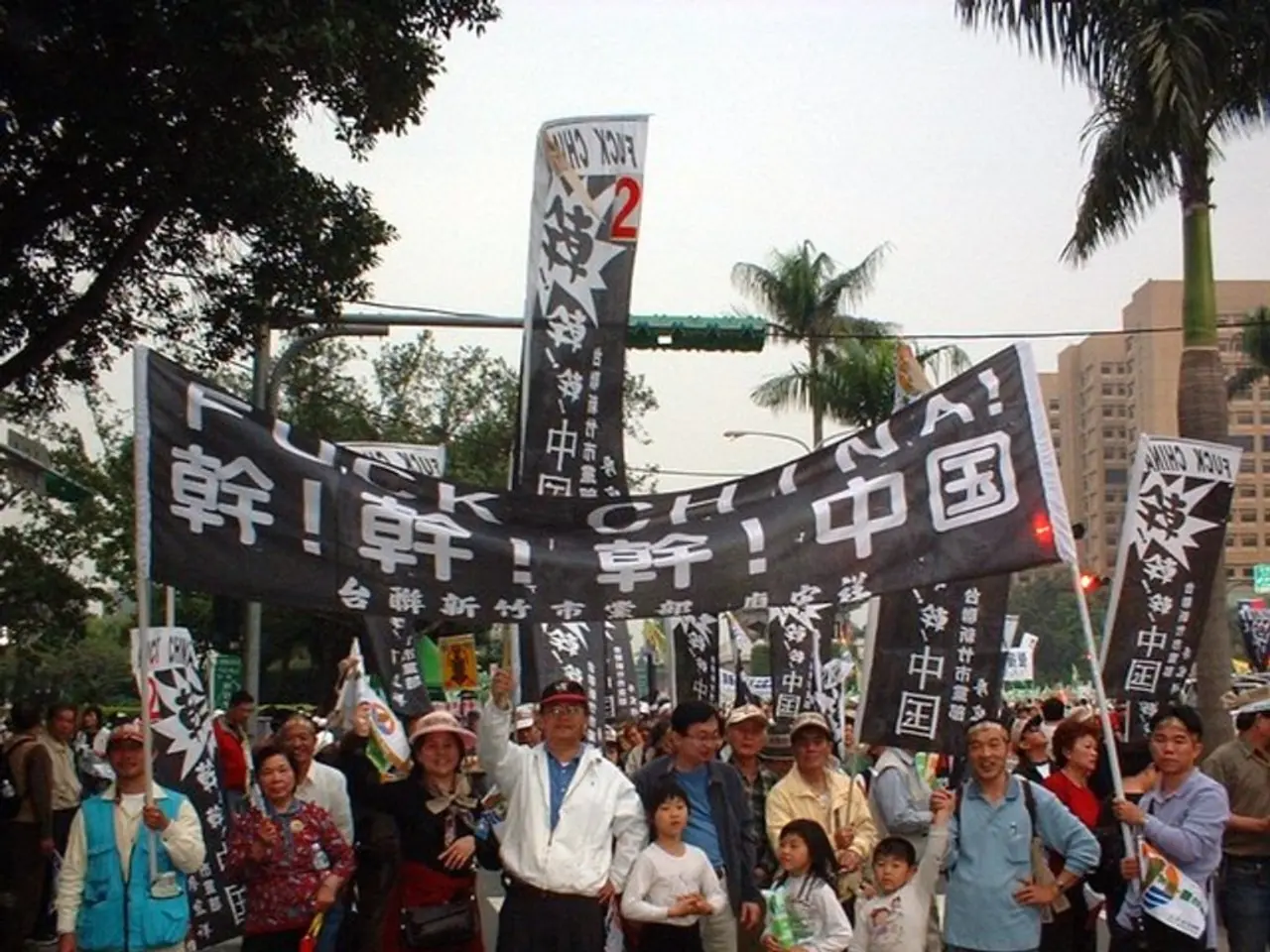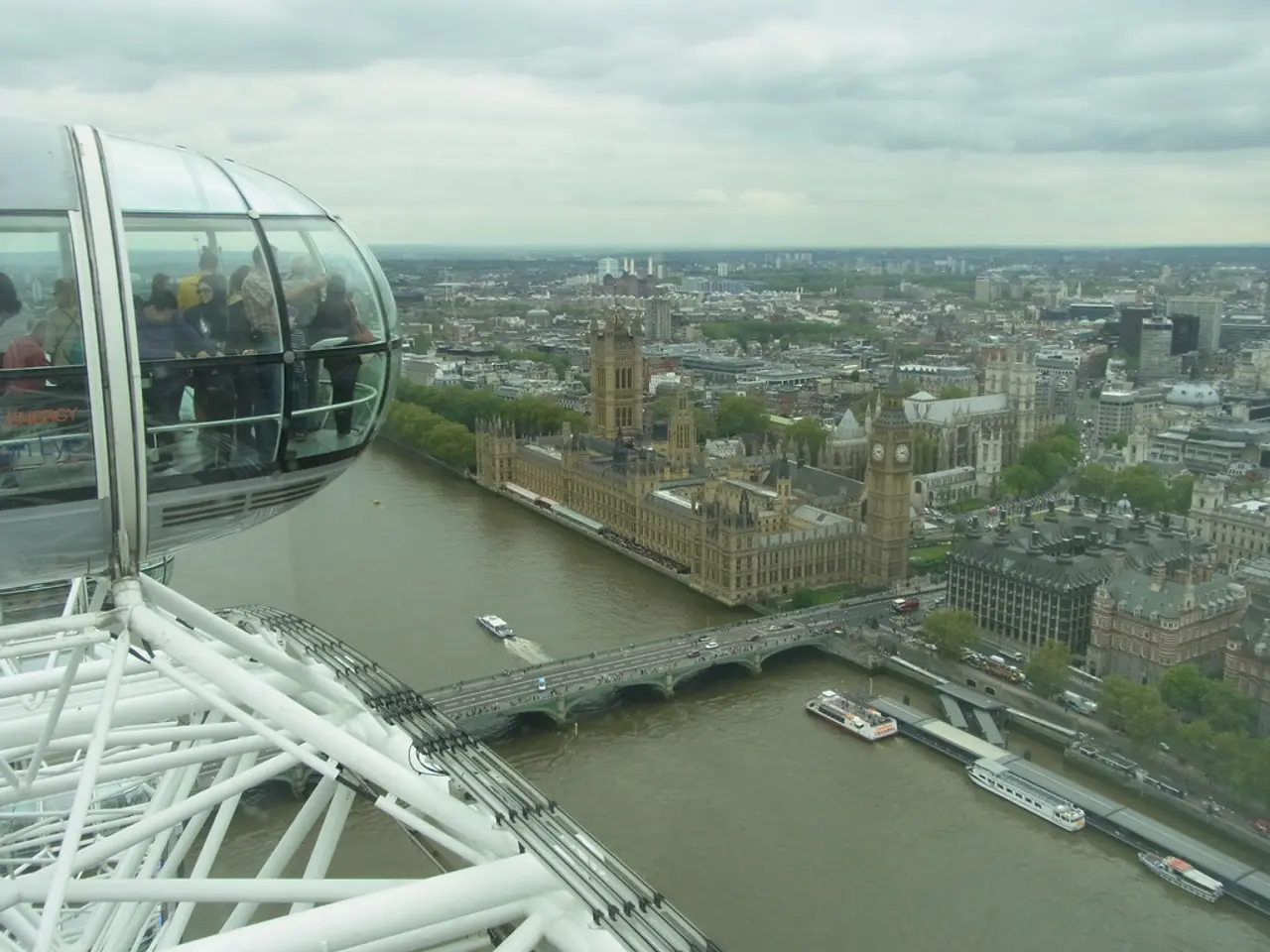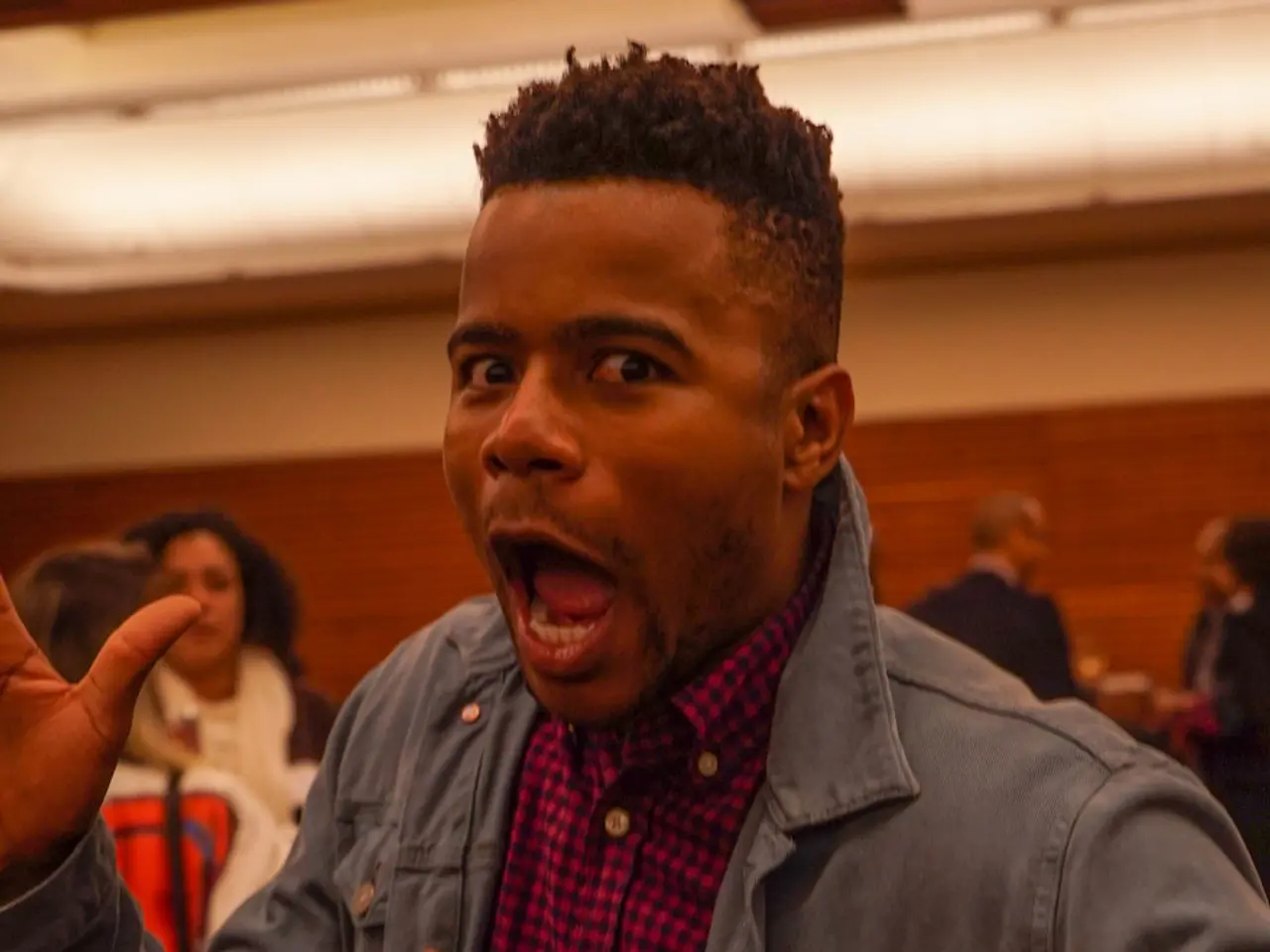A Gathering of NATO Leaders: A Summit on Ukraine Support and Defense Spending
Did the enlargement of NATO provoke Russia to initiate conflict?
On 24th and 25th June, the bigwigs of NATO had landed in The Hague, Netherlands. The marquee issues on the table? Raising defense spending and providing unwavering backing for Ukraine, which was under siege from Russia's aggressive maneuvers.
The Russian invasion of Ukraine — a conflict that has been wreaking havoc for nearly four years — has been a significant factor in the escalating tensions between Russia and NATO. As the violence continues to rage, the United States has dashed the hopes of its NATO allies, demanding that they should shoulder a greater burden of the costs associated with supporting the alliance.
Throughout the years of conflict, NATO has remained in the crosshairs of false narratives, misinformation, and propaganda — areas that our website Fact Check has delved into extensively.
Yet, for Russian President Vladimir Putin, NATO itself is a menacing specter looming over Russian national security, especially given its post-Cold War expansion into Eastern Europe. With nations that were once part of the Soviet Union or under its influence joining the alliance, the prospect of Ukraine — a country with an unmistakable historical and cultural connection to Russia — edging closer to or even becoming part of NATO has been labeled by Putin as justification for Russia's unprovoked actions in Ukraine since 2014, as well as the supposed "special military operation" launched in February 2022.
As early as March 2000, during his first interview with the BBC as Russian President, Putin voiced his worries about NATO's eastward expansion, which by then had already seen Poland, Hungary, and the Czech Republic join the alliance. Despite NATO's insistence that the alliance was purely for defense purposes, Putin remained unconvinced, citing the expansion as a breach of trust.
At the heart of this discord lies the issue of the promises allegedly made by NATO to the Soviet Union. In the Treaty on the Final Settlement with Respect to Germany — colloquially known as the Two Plus Four Agreement — it was apparent that no foreign troops or nuclear weapons would be permanently stationed on the territory of the former East Germany. However, whether any informal promises and statements were made, and the specifics of their implication, has been a contentious matter of debate ever since.
Speaking at the Munich Security Conference in 2007, Putin pointed to a speech by former NATO Secretary-General Manfred Wörner in May 1990, in which Wörner stated that the fact that NATO was prepared not to station troops beyond the borders of West Germany provided "firm security guarantees" for the Soviet Union. Yet, as a 2016 German government position paper declared, Wörner never explicitly stated that there would be no eastward expansion of NATO.
For Putin and his allies, two other statements made by senior German and US politicians in February 1990 were of crucial importance: former US Secretary of State James Baker’s proposal that NATO’s jurisdiction would not shift eastward, and former West German Foreign Minister Hans-Dietrich Genscher’s commitment to a "non-expansion of NATO." However, analysts argue that these words should not be taken out of context, and that they merely reflect the West German foreign ministry's efforts to address Soviet concerns regarding German reunification at the time.
Regardless of how one interprets these historical events, there's a palpable tension between Russia and NATO that remains unresolved. The question of whether NATO forced Russia into war stands tall in the minds of many, with some historians suggesting that promises made during the negotiations on German reunification were taken out of context and used to justify Russia's unprovoked aggression.
However, the consensus among scholars seems to be that NATO's internal policies did not drive Russia into war but rather created a sense of resentment that may have exacerbated existing tensions in the region. As the ongoing crisis in Ukraine unfolds, it remains increasingly important to examine the complex history between Russia and NATO to better understand the current geopolitical landscape and to seek a path forward for lasting peace.
- The NATO leaders gathered in The Hague discuss primarily increasing defense spending and unwavering support for Ukraine, a country under threat from Russia's aggressive actions.
- The media, including our website Fact Check, has addressed the spread of false narratives, misinformation, and propaganda about NATO throughout the years of the war-and-conflicts in Ukraine.
- Russian President Vladimir Putin views NATO as a threat to Russian national security, particularly due to its post-Cold War expansion into Europe.
- The issue of promises allegedly made by NATO to the Soviet Union regarding the expansion of the alliance and the permanent stationing of foreign troops or nuclear weapons has been a contentious matter of debate.
- Some historians suggest that promises made during the negotiations on German reunification were taken out of context and used to justify Russia's unprovoked aggression, but scholars generally agree that NATO's internal policies did not force Russia into war, instead creating a sense of resentment that may have exacerbated existing tensions.
